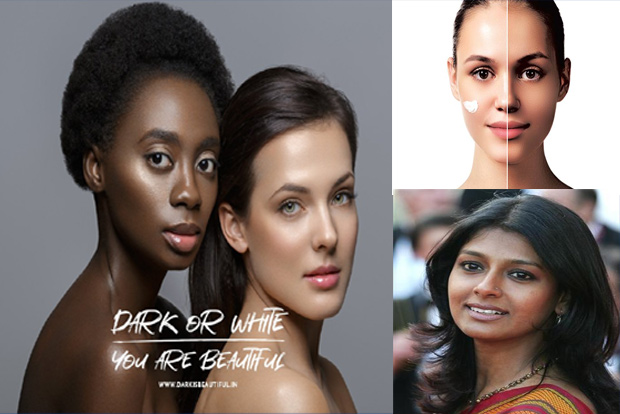Editorial: Need more than a skin-deep response
In the backdrop of the entire debate concerning racism that has now swept across the world – with its ripple effect being seen everywhere from the US to Europe and more, India also had a ‘me too’ moment of sorts, albeit in a slightly different, but somewhat related context.

Chennai
It’s hard to separate the two worlds, especially when the colour of one’s skin lies at the heart of the issue. Last week, an FMCG major made a splash with the announcement that it would rename its flagship fairness cream by dropping the word ‘Fair’ from the brand. One might attribute it to the domino effect of how every global sphere of influence is gradually awakening to the notion of systemic discrimination – and how it had been normalised and imbibed for decades, by a populace that had blindsided itself to this rot.
Of course, in the Indian context, the development was seen literally as a whack on the side of the head – concerning our fixation with fair skin. Satirists have often attributed it to India’s very own Stockholm Syndrome – pining for one’s colonial oppressors – the British – long after we gained independence. The obsession has manifested itself in every aspect of our lives – from TV, cinema, and popular media to our living rooms in the form of matrimonial and matchmaking services, specific job appointments, dating and socialising and everything in between. And it’s filled the coffers of the skin lightening industry whose value is pegged at about $4 bn (as per 2017 estimates). The notion of fairness had transgressed the realm of body shaming and entered the domain of lifestyle enhancement products, so to speak – as popular narratives shamelessly perpetuated the myth of fairer skin granting a ticket to a better life, on the professional or personal front.
Even the South, which has traditionally been viewed as an inclusive demographic – thanks to its 50 shades of dusky skin tones, seems to have had a never-ending obsession with fairness. A look at female leads in Kollywood films is all it takes to see the entire bias come undone. One would be hard-pressed to find films where such glaring stereotypes based on the depiction of the fairer sex, are not perpetuated – either consciously or subliminally. However, the exception to the rule here are the male superstars, who under market dynamics, still rule the roost, complexion be damned.
So, what’s the solution? Do we wake up one fine day and in the blink of an eye, lay waste to our decades-old prejudice, indoctrinated since childhood – a case in point being the white is good, black is bad examples from our textbooks and mythologies? Or do we shift the focus on to advertisers and mass media content creators to act responsibly and equitably, sans bias? Other cosmetic giants have already decided to drop the word ‘whitening’ from its products, and producers of kiddie toons quickly issued disclaimers at the beginning of cartoon shows, informing young audiences that the shows are products of a certain time in history (and to not laugh at the blackface jokes).
India has also witnessed tireless campaigning for far too long – by the likes of the activists behind the Dark is Beautiful campaign – its poster woman being actress Nandita Das, and others. But we will need more than just a skin-deep response to this call for transformation. A change of mindset and an attitude that can look beyond the superficial, and embrace individuals for what they are truly worth, is the need of the hour. More importantly, children must be schooled on the pitfalls of body shaming and discrimination at an early age. One can only hope that at least the next generation gets it right.
Visit news.dtnext.in to explore our interactive epaper!
Download the DT Next app for more exciting features!
Click here for iOS
Click here for Android



